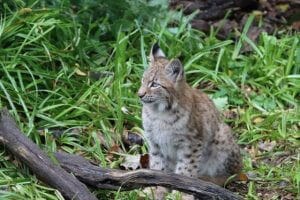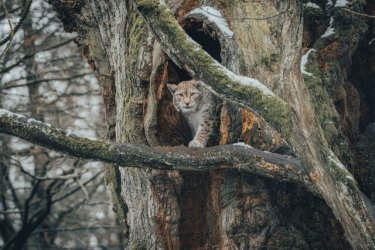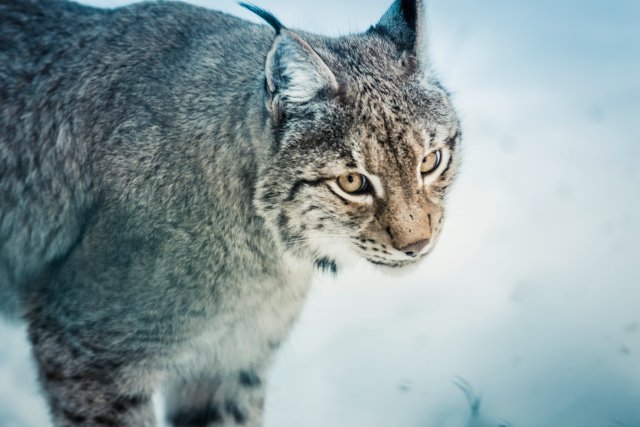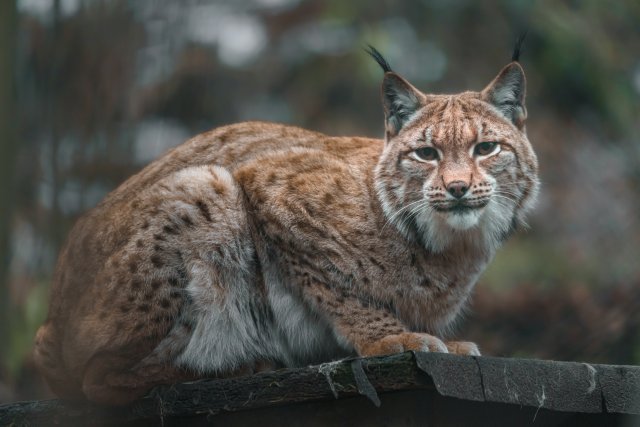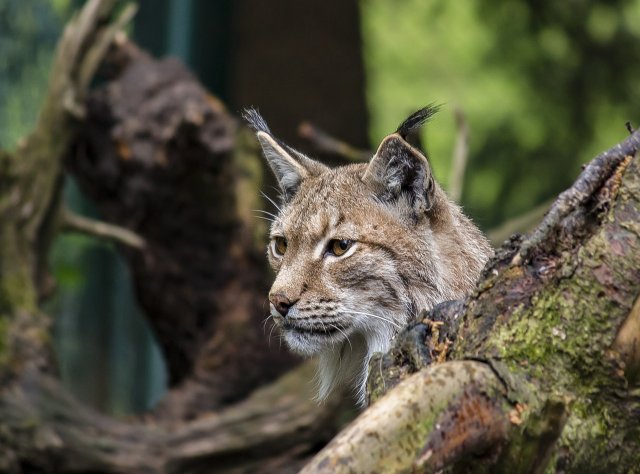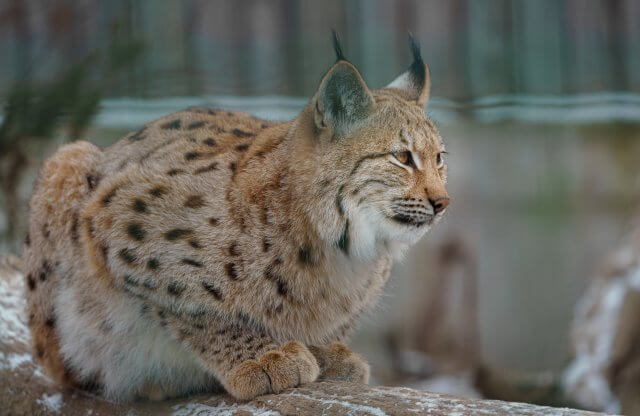Are Bobcats Aggressive?
Are Bobcats Aggressive?
“Unleashing the truth: Debunking the myth of the aggressive bobcat.”
Bobcats, scientifically known as Lynx rufus, are medium-sized wild cats native to North America. They are known for their elusive nature and adaptability to various habitats, including forests, deserts, and swamps. While bobcats are generally solitary and avoid human interaction, there is a common question regarding their aggression. In this article, we will explore the nature of bobcats and determine whether they are aggressive animals.
Understanding the Bobcats Aggressive Behavior of Bobcats
Are Bobcats Aggressive?
Understanding the Aggressive Behavior of Bobcats
Bobcats, also known as Lynx rufus, are fascinating creatures that inhabit various regions of North America. With their distinctive tufted ears and short tails, these medium-sized wildcats have captured the curiosity of many wildlife enthusiasts. However, one question that often arises when discussing bobcats is whether they are aggressive animals. In this article, we will delve into the behavior of bobcats and explore the factors that contribute to their perceived aggression.
To understand the aggressive tendencies of bobcats, it is essential to consider their natural instincts and habitat. Bobcats are solitary animals, preferring to roam and hunt alone. This solitary nature is a key factor in their behavior, as they rely solely on themselves for survival. Unlike social animals that may exhibit aggression within their own species, bobcats primarily display aggression towards their prey or when defending their territory.
When it comes to hunting, bobcats are highly skilled predators. They possess incredible agility and stealth, allowing them to silently stalk their prey before pouncing with lightning speed. This hunting technique requires a certain level of aggression, as bobcats must be assertive and determined to secure their next meal. However, it is important to note that this aggression is solely directed towards their prey and not towards humans or other animals unless provoked.
Territoriality is another aspect of bobcat behavior that can be mistaken for aggression. Bobcats mark their territories using scent markings and clawing trees, ensuring that other bobcats are aware of their presence. When another bobcat encroaches upon their territory, conflicts may arise as they defend their space. These territorial disputes can involve aggressive displays such as growling, hissing, and even physical confrontations. However, it is crucial to understand that these behaviors are primarily aimed at establishing dominance and protecting their territory rather than attacking humans.
Bobcats Aggressive: While bobcats generally avoid human interaction, there have been rare instances where they have displayed aggression towards humans. These cases are often a result of the bobcat feeling threatened or cornered. It is important to remember that bobcats are wild animals and should be treated with caution and respect. If encountered in the wild, it is best to give them space and avoid any actions that may provoke them.
In order to minimize potential conflicts with bobcats, it is crucial to understand and respect their natural behavior. Avoiding direct contact with bobcats and refraining from feeding them is essential. Feeding bobcats can lead to habituation, where they become reliant on human-provided food and lose their natural fear of humans. This can result in increased encounters and potential conflicts.
Bobcats Aggressive: while bobcats possess certain aggressive tendencies, they are primarily directed towards their prey and when defending their territory. Understanding their natural behavior and respecting their space is key to minimizing potential conflicts. Bobcats are magnificent creatures that play an important role in maintaining the balance of ecosystems. By appreciating their beauty from a safe distance, we can coexist peacefully with these elusive and fascinating wildcats.
Conclusion
Bobcats Aggressive: bobcats are generally not aggressive towards humans unless they feel threatened or cornered. They prefer to avoid human contact and will typically retreat if given the opportunity. However, it is important to exercise caution and respect their space to minimize any potential conflicts.
Read More About Bobcats From Wikipedia

